#john vernon
Photo
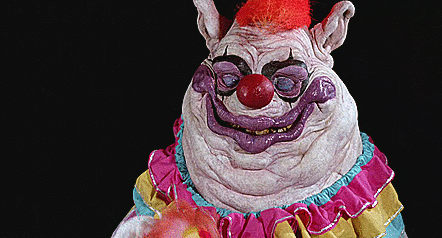
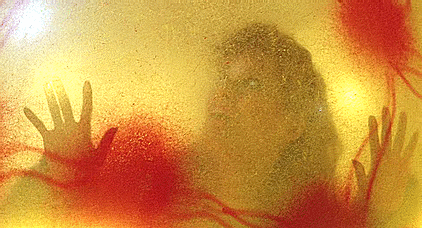
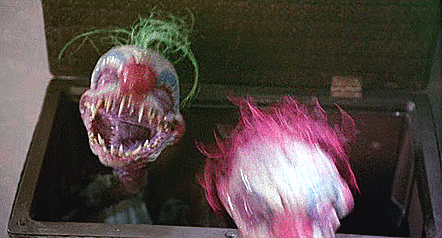

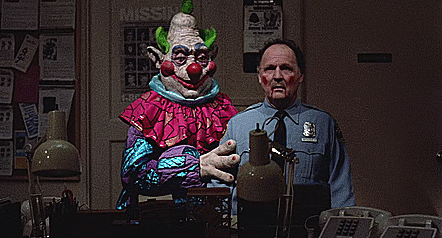
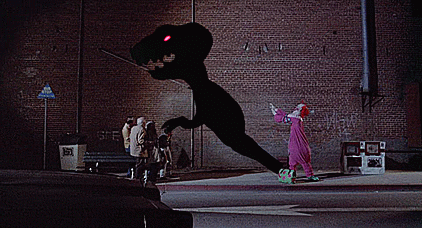
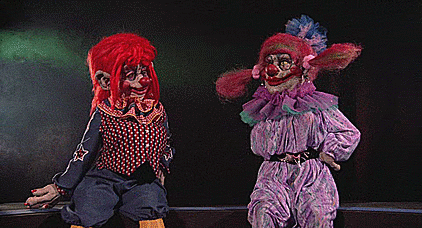
Killer Klowns from Outer Space (1988)
#Killer Klowns from Outer Space#horroredit#stephen chiodo#john vernon#suzanne snyder#80s horror#filmedit#Horror Movies#80s horror movies#horror#80s#80s movies
2K notes
·
View notes
Text

Curtains (1983)
#curtains#john vernon#samantha eggar#linda thorson#1983#1980s movies#richard ciupka#horror movie poster
97 notes
·
View notes
Text

Batman: The Animated Series - Paper Cut-Out Portraits and Profiles
Rupert Thorne
A powerful and ruthless crime boss, Rupert Thorne muscled his way into the Gotham City and swiftly took control over a large section of the criminal underworld. Edging out former kingpins, Arnold Stromwell and Salvatore Valestra, Thorne’s enterprises ranged from narcotics to racketeering, money laundering, gambling and weapons smuggling. Although his criminal endeavors were well known to the public, the corruption within Gotham's justice system kept Thorne in his penthouse and the authorities off his back.
District Attorney Harvey Dent was determined to put an end to Thorne’s grip on the city. Dent’s dogged pursuit of Thorne became even more relentless as he was campaigning for reelection as District Attorney. Dent was getting close and Thorne became desperate to put a stop to it.
Thorne attempted to blackmail Dent after his agent had pilfered the medical notes from Dent’s psychiatrist. Dent was contending with rather severe psychological difficulties and Thorne threatened to expose this to the public unless Dent agreed to drop all investigations into his enterprises. Dent refused and a scuffle broke out wherein Dent was caught in an explosion that terribly scared half of his face. All this resulted in the creation of the villainous Two-Face. And Two-Face would prove an even greater threat to Rupert Thorne than Dent had ever been.
A new breed of criminal was encroaching on Thorne’s territory. Villains like Two-Face, The Penguin and The Joker were substantially cutting into his profit margins and The Batman was a near constant threat to his whole organization. Determined to wrestle back control, Thorne hired the mercenary known as Bane to break the Bat and ostensively reseat Thorne atop the criminal empire.
The plot failed, Batman triumphed over Bane and Thorne’s hold on power became even more tenuous. In desperate need of cash, Thorne agreed to pool resources with The Penguin and the mob enforcer Carlton Duquesne in a venture to sell high tech weapons to the war-torn nation of Kasnia.
The operation was taken down by Batman along with the mysterious new heroine, Batwoman. Duquesne was convinced to testify against Thorne and the once untouchable gangster was sentenced to life in prison at Stonegate Penitentiary.
The wonderfully intimidating John Vernon provided the voice for Rupert Thorne, with mobster first appeared in the sixth episode of the first season of Batman: The Animated Series, ‘It’s Never Too Late.’
51 notes
·
View notes
Photo
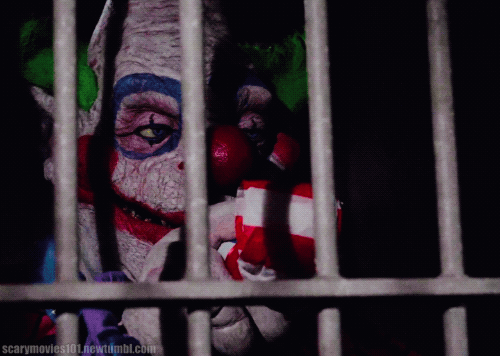
Killer Klowns from Outer Space (1988)
#killer klowns from outer space#John vernon#stephen chiodo#my gifs#80s movies#horror movies#80s horror#movie gifs#gif#gifs#1980s
185 notes
·
View notes
Text

Uglie Kids Club has released a Killer Klowns from Outer Space design by Halftone Horror. Four different colorways are available on on ringer tees for $27. Pre-orders are open until August 15 and will ship 4-5 weeks later.
#killer klowns from outer space#killer klowns#horror#80s horror#1980s horror#uglie kids club#halftone horror#shirt#gift#80s movies#1980s movies#chiodo brothers#stephen chiodo#john vernon#cult classic
33 notes
·
View notes
Text
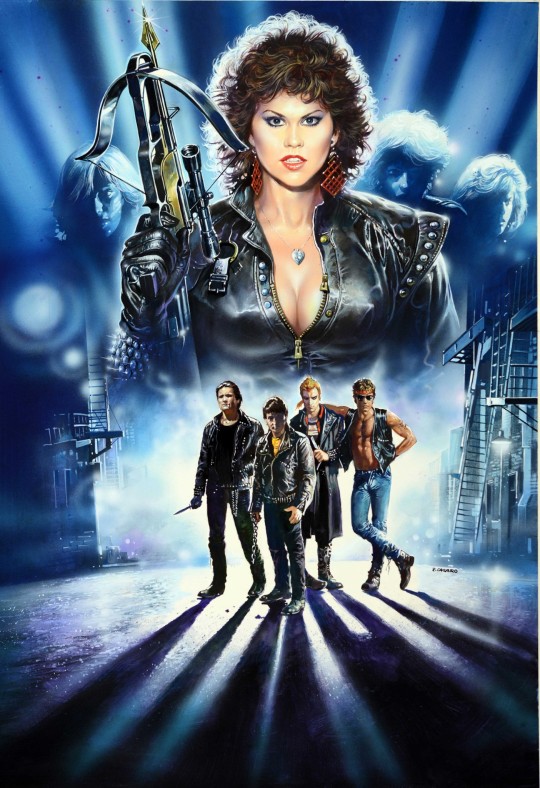
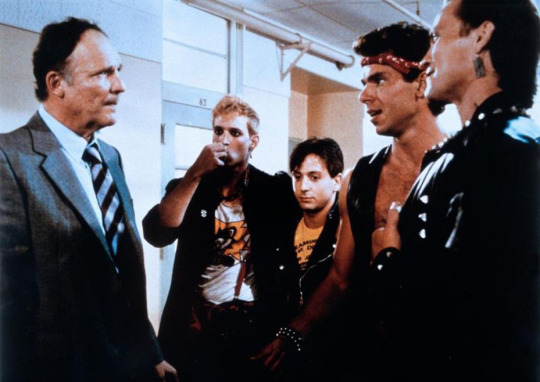
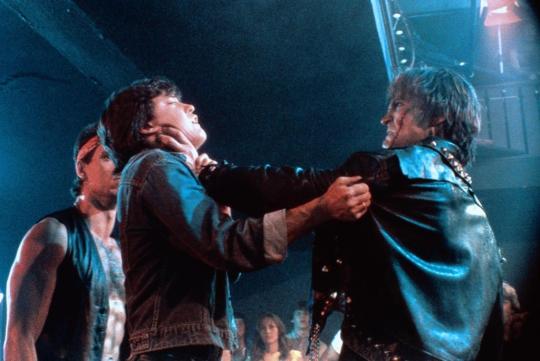

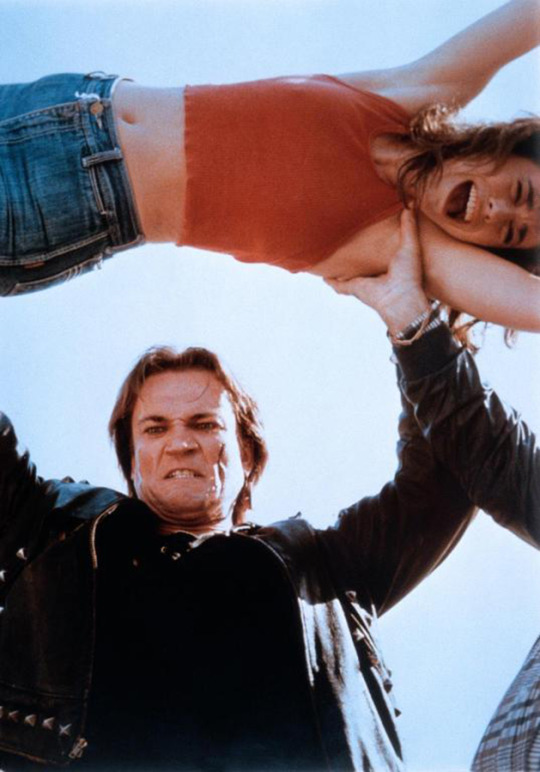
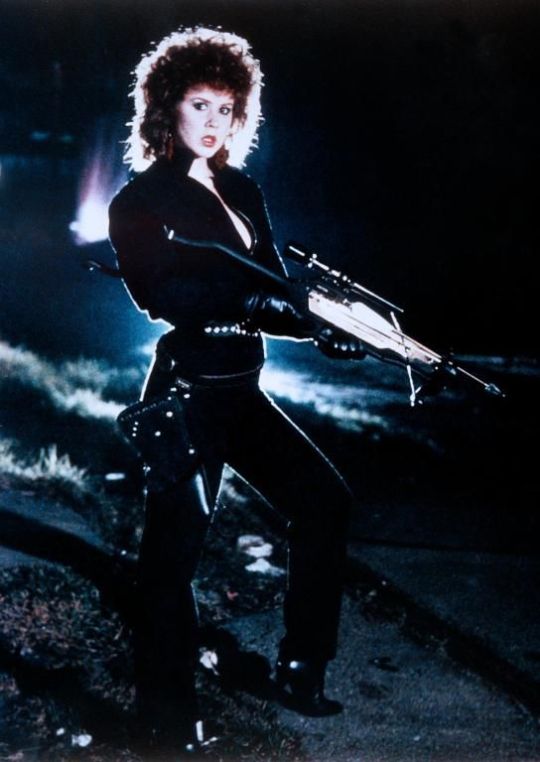

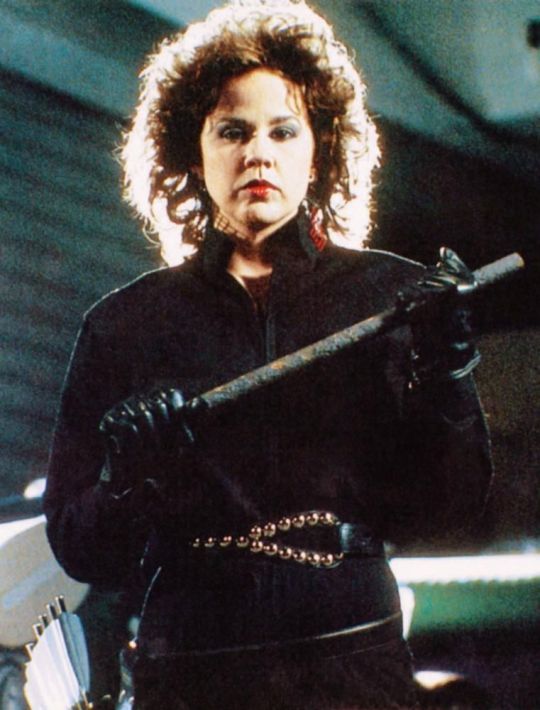
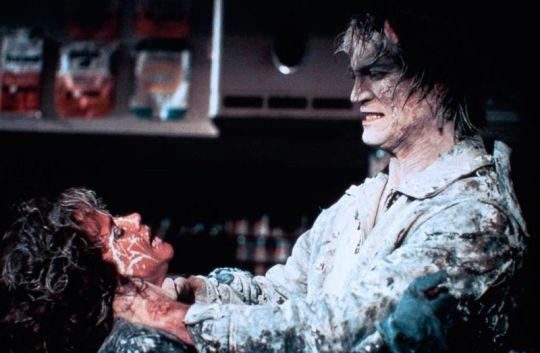
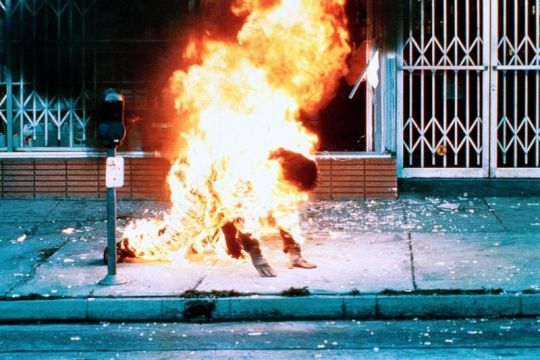
SAVAGE STREETS
USA
1984
Directed by Danny Steinmann
38 notes
·
View notes
Text

Tiger and Speed, dated 20 December 1980. Skid Solo cover by John Vernon. Treasury of British Comics.
9 notes
·
View notes
Text
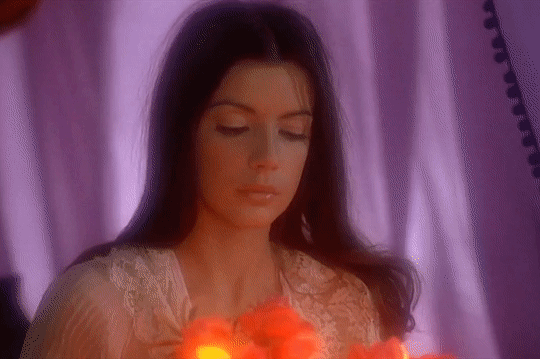
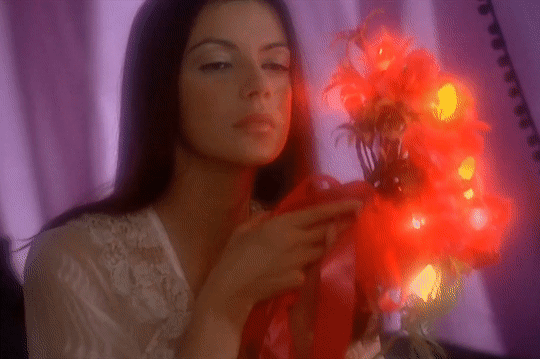
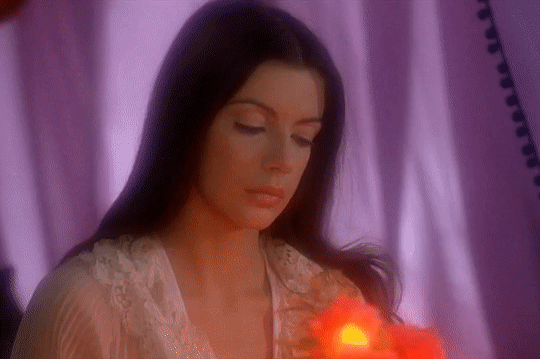

carole laure as miss monde 1984 in sweet movie (1974) dir. dušan makavejev
#sweet movie#dušan makavejev#carole laure#john vernon#jane mallett#film#film aesthetic#film gifs#film stills#vintage films#french film#french cinema#surrealism#canadian film#german film#70s film#70s cinema#70s aesthetic#multilingual films
362 notes
·
View notes
Text

The beginning conceit of Curtains is its strongest part. The movie felt so familiar that I could have sworn I’d seen it before.
#halloween hundred#halloween hundreds#halloween#horror movies#halloween movie#horror film#slashers#john vernon#curtains#curtains movie
11 notes
·
View notes
Text

Killer Klowns from Outer Space
directed by The Chiodo Brothers, 1988
#Killer Klowns from Outer Space#The Chiodo Brothers#Stephen Chiodo#Charles Chiodo#movie mosaics#Suzanne Snyder#Grant Cramer#John Allen Nelson#John Vernon#Royal Dano#Michael S. Siegel#Peter Licassi
7 notes
·
View notes
Text
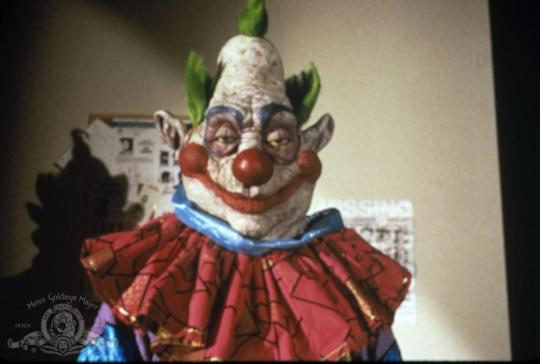






#killer klowns from outer space#jumbo#officer curtis mooney#john vernon#if you've seen the movie the girl was unharmed unlike jumbo's cellmates which were never found & as you can see officer mooney#🤡
2 notes
·
View notes
Text
KILLER KLOWNS FROM OUTER SPACE (1988) Reviews and Steelbook 4K + Blu-ray release details
Killer Klowns from Outer Space will be released by Shout! Factory on May 14, 2024, as a Limited Edition Steelbook 4K Ultra HD + Blu-ray. Special features:
4K Scan of the Original Camera Negative
In Dolby Vision (HDR-10 Compatible)
Audio Commentary with the Chiodo Brothers
HD Restoration from 4K Scan of the Original Camera Negative
The Making of Killer Klowns
Komposing Klowns
Kreating…
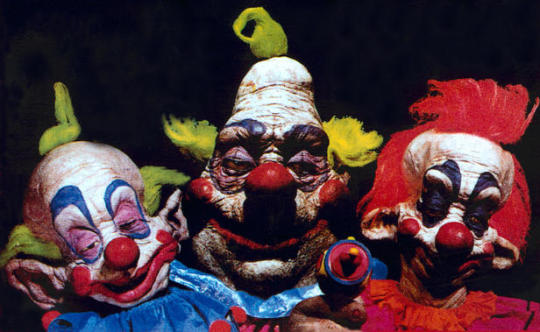
View On WordPress
#1988#4K Ultra HD#Chiodo Brothers#comedy#Grant Cramer#horror#John Vernon#Killer Klowns from Outer Space#movie film#review reviews#Suzanne Snyder
2 notes
·
View notes
Text
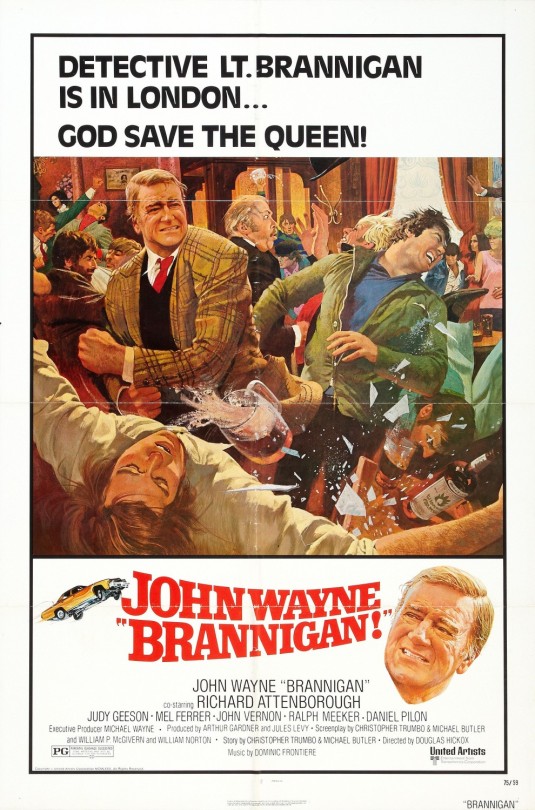
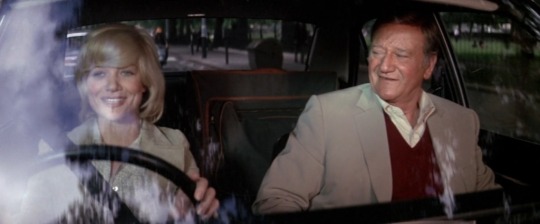
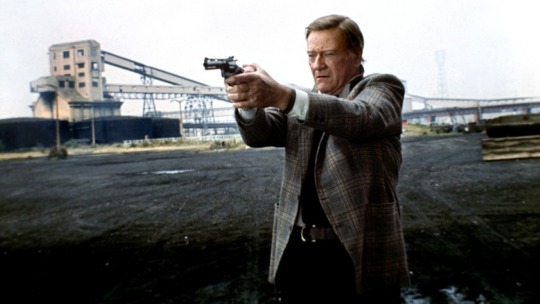



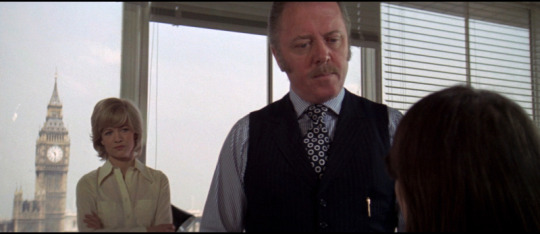

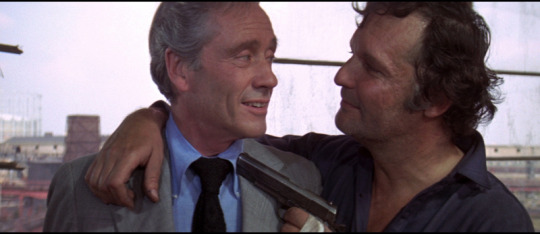
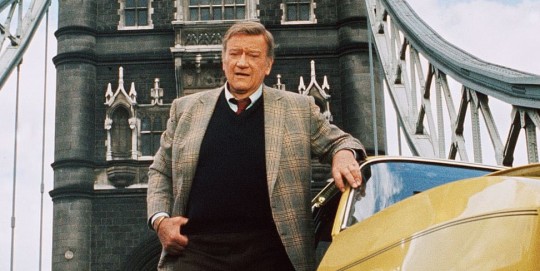
Brannigan (1975)
"Well, if it was up to me, I'd get some men out thumping on the streets, passing out some 'e pluribus unum'. That's what ninety percent of police work is today."
"The murder rate in your country, I'm sure, gives ample testimony to your superior police methods."
#brannigan#1975#british cinema#crime film#douglas hickox#christopher trumbo#michael butler#william p. mcgivern#john wayne#richard attenborough#judy geeson#john vernon#mel ferrer#daniel pilon#john stride#james booth#ralph meeker#barry dennen#del henney#lesley anne down#arthur batanides#ok so for the record i despise John Wayne the person; i also don't particularly rate JW the film star‚ excepting for a very few#special films (The Man Who Shot Liberty Valance probably topping that list). normally i wouldn't make a special effort to see any of his#films but this has been on my radar for some time: i mean it's Wayne in 70s London‚ fighting crime that's represented by classic tv#character actors like Don Henderson‚ James Booth and Brian Glover. heaven! or it would be‚ but this is a flabby‚ kind of dumb mess#partly that's on director Hickox (hard to believe he made the sublime Theatre of Blood a couple years earlier) and partly that's a bad#script which repeatedly hammers on about the cultural differences between usa and uk in an endless attempt to be funny#but the main issue is Wayne‚ too old and sickly to even begin to convince as a tough cop who can win the eye of beautiful Judy Geeson#please. gross. intriguing for sights of 70s London and that wonderful supporting cast but otherwise completely disposable#oh and some fun americans to spot too! Barry Dennen! that at least was a delightful surprise. but yeah not much to recommend this really
4 notes
·
View notes
Text

John Vernon-Karin Dor "Topaz" 1969, de Alfred Hitchcock.
2 notes
·
View notes
Photo
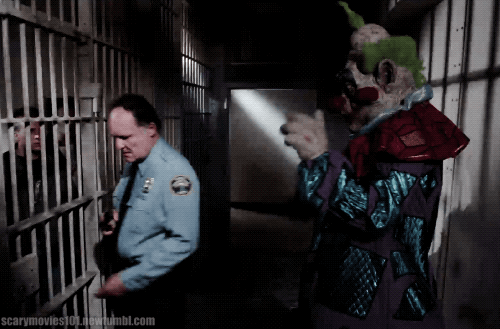
Killer Klowns from Outer Space (1988)
#killer clowns from outer space#John vernon#stephen chiodo#my gifs#movie gifs#80s movies#horror movies#horror#80s horror#cinema#1980s#clowns#1988
153 notes
·
View notes
Text
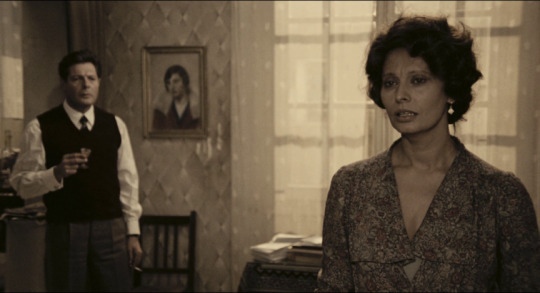
A Special Day (1977, Italy)
Two months after the Anschluss (Nazi Germany’s annexation of Austria), Adolf Hitler and Benito Mussolini made the most public show of their growing political relationship to date. Hitler’s arrival in Rome on May 3, 1938 and the public celebrations the next day saw the Eternal City festooned for pomp and circumstance. Nazi Germany and Fascist Italy’s military alliance was all but an inevitability, formalized the following year. None of these celebrations appear in Ettore Scola’s A Special Day (Una giornata particolare), but they help set the movie’s tenor and themes. Its two central stars, Sophia Loren and Marcello Mastroianni, are one of the great screen duos of film (this is their seventh of eight films together). Both Loren and Mastroianni suffered in the Second World War – the former was wounded in an Allied bombing raid in Pozzuoli (near Napoli); the latter was imprisoned in but later escaped from a Nazi labor camp. Their memories of those darker days made their experiences shooting A Special Day a needed emotional release.
In interviews, Loren often cites A Special Day as one of her favorite roles and movies of her own. Viewing this for the first time, that is no surprise to yours truly. This is a remarkable film with two raw performances from Loren and Mastroianni – departing from their glamorous personas to inhabit two working class individuals on society’s edge. A Special Day also benefits from Scola’s intimate and patient direction. All while creating a space that takes the audience back to a day that sealed the fates of not only our two protagonists, but millions of other innocent lives.
In a tenement apartment complex on the morning of May 4, 1938, housewife Antonietta Taberi (Loren) prepares breakfast for her husband, Emanuele (John Vernon), and their six children. Emanuele is a committed fascist, and plans on taking their spoiled children to view the parade set to feature Hitler and Mussolini. And it appears that almost everyone in the complex is heading off to the festivities as well, save apartment custodian Pauletta (Françoise Berd) and a neighbor across the way. When the family’s myna bird accidentally escapes their apartment, Antonietta receives help from Gabriele (Mastroianni), a recently-sacked radio announcer who largely keeps to himself. Over the remainder of the morning and afternoon in both his apartment and hers, Antonietta and Gabriele – whose firing was due to his homosexuality and anti-fascist politics – reflect on their lives, the expectations hoisted upon them by others.
Scola, better known as a political satirist (1962’s Il sorpasso, 1974’s We All Loved Each Other So Much) at this time, dispenses of his comedic roots in this screenplay with Ruggero Maccari (Il sorpasso, 1965’s I Knew Her Well), and Maurizio Constanzo (1968’s The Vatican Affair). The film begins with several minutes of propagandistic archival footage hailing Hitler’s visit to Italy, its narration vociferously extoling this show of authoritarian solidarity. Through most of the film, one can hear in the distance (and over radios) the triumphant parade as it winds its way through the Roman streets. It is an omnipresent reminder both our protagonists are in a trap.
Antonietta and Gabriele bristle under societal norms. For Antonietta, there is unspoken tension with her husband. He has been philandering with other women, specifically highly-educated women – all of which feeds into Antonietta’s insecurities that she never received a proper childhood education. But despite that lack of schooling, Antonietta expresses an interest in the world outside the apartment complex – she makes her best attempt to read literature and understand the subtexts of the works she reads, and she is anything but politically apathetic. She is not merely a housewife, nor does she wish to be seen as merely a housewife. But she finds herself unable to express this to her husband, and wishes not to plunge her children’s lives into chaos. Straying from being a homemaker, at this time, would almost certainly run afoul of fascist gendered norms. Here, with wonderful assistance from makeup artist Franco Freda (1961’s Divorce Italian Style, 1972’s Avanti!), Loren sheds her stylish visage, transforming into a woman older than her age, naïvely going along with her husband’s politics, living life largely the same way day after day. She, like her costar, disappears into the role – shorn of her fiery charisma, yet retaining only a glint of her stardom in her lonely glances to the camera.
Mastroianni, so often cast as the fashionable lover, is a gay political dissident in A Special Day who alternates between amusement and melancholy. Unlike Loren’s Antonietta, Mastroianni’s Gabriele is a man who chooses to hide his politics, his homosexuality, and his very being. In 1977, there was no previous Mastroianni performance that could serve as an analogue to this. Within the confines of A Special Day, we find in Gabriele a man whose tragedy is that he has never lived to experience the fullness of his humanity – always self-censoring, self-denying, all to ensure he survives under the fascist regime. One of the final moments that Gabriele shares with Antonietta is bravura acting from both Mastroianni and Loren. It is a scene that exemplifies how Gabriele has long had to “pass” as straight, but the film nevertheless reaffirms his homosexuality.
Then and now, Italian’s traditional Catholicism or Catholic-influenced values dictates the rights of queer individuals. Though same-sex activity has been legal in Italy since 1890, there remains a lack of legal protections for LGBTQ+ Italians in many other aspects of public and private life. Under Mussolini’s fascist regime, queer Italians faced persecution and spells in prisons and labor colonies. Gay men, in particular, were seen as agents of depopulation, effeminate undesirables in a new Italian empire built in the image of Benito Mussolini’s virile machismo. A Special Day keeps Gabriele’s homosexuality under wraps via implication until an emotionally fraught scene in which Antonietta believes that he is making advances towards her.
Mastroianni was not gay. And one imagines that, in contemporary cinema, a straight actor playing a gay character might result in justified hand-wringing. This remains an open debate, but I can imagine Italian cinema (and Italian society) was not quite ready for an openly gay actor in the 1970s. The matter-of-fact presentation of his queerness ensures that Gabriele’s sexual orientation is not the primary definition of his being, as might be the case in too many lesser films, past and present. Even during and after a scene that appears to contradict his homosexuality, his characterization remains steadfast.
Cinematographer Pasqualino De Santis (1968’s Romeo and Juliet, 1981’s Three Brothers) drains most of the frame of its color. The desaturated palette half-resembles a faded photography from the early twentieth century, which sometimes have selective coloring. A Special Day’s sepia dominates the frame all but twice: the opening minutes of the archival footage (regular black-and-white) and the green and reds of the flags of Italy and Nazi Germany. As much as I am no fan of desaturated colors in cinema, A Special Day is not responsible for modern mainstream filmmakers’ tendency to favor desaturated color palettes.
Shortly after the opening archival footage, an impressive crane shot lingers outside the windows of the apartment building in the early morning until it slowly glides its way into Antonietta’s apartment, following her as she awakens her children and husband for the festivities to come. The effect is seamless, seemingly uninterrupted by cuts for four minutes (there may be a “hidden” cut in there that I did not detect), and sets the unrushed tempo of the film. De Santis’ camera is unobtrusive, capturing the ramshackle conditions of the apartments all while endowing the viewer a sense of the apartments’ layout. In addition, A Special Day’s long, unbroken takes allow the audience to reflect on the emotions and experiences shared between our two protagonists. My reservations over the colors aside, this is one of the most beautifully photographed films of its decade.
In 106 minutes, A Special Day launches into an examination of how Italian fascism impacted the lives of the nation’s most vulnerable individuals – in this case, women, political dissidents, and LGBTQ+ individuals. The film does so without resorting to sensationalism or hysterics, preferring instead measured discussion and tragic implications. Antonietta and Gabriele’s use of language and stated reservations exemplify fascism’s role in devaluing the individual in service of an ideology. A few decades removed from the end of the Italian neorealism movement, strands of neorealism are apparent across A Special Day. One sees it in the quiet desperation of Antonietta and Gabriele, the unglamorous presentation of tenement life, and the hardscrabble scenario of the film (it is just missing Italian neorealism’s penchant for green, nonprofessional actors).
Essentially a chamber piece, Ettore Scola’s A Special Day is accessible, keenly felt, beautifully shot, and wonderfully acted. Loren’s Antonietta and Mastroianni’s Gabriele truly share a special day together – a day without the rhythms of their usual lives, without the distractions of family, friends, and (most) of their acquaintances and neighbors. By film’s end, they are fully themselves in each other’s presence, relating in one another their desires crushed underneath the weight of fascism’s demands. There is no guarantee a day like this will come again, as both Antonietta and Mastroianni realize and accept. All that remains for our protagonists is survival, with moments of individual resistance so unassuming that they might be invisible to all but themselves.
My rating: 10/10
^ Based on my personal imdb rating. A Special Day is the one hundred and sixty-seventh feature-length or short film I have rated a ten on imdb (the 166th, 2021's Drive My Car, has not received a write-up on this blog). My interpretation of that ratings system can be found in the “Ratings system” page on my blog. Half-points are always rounded down.
For more of my reviews tagged “My Movie Odyssey”, check out the tag of the same name on my blog.
#A Special Day#Una giornata particolare#Ettore Scola#Sophia Loren#Marcello Mastroianni#John Vernon#Françoise Berd#Ruggero Maccari#Maurizio Costanzo#Pasqualino De Santis#Franco Freda#TCM#My Movie Odyssey
4 notes
·
View notes